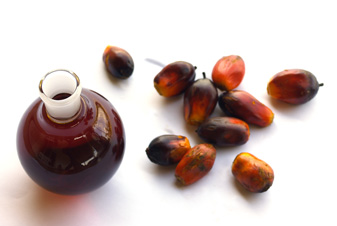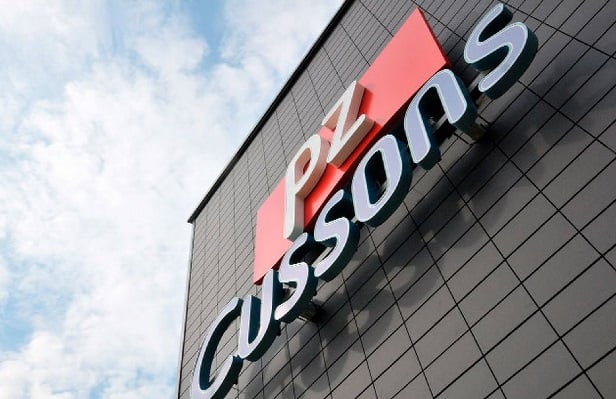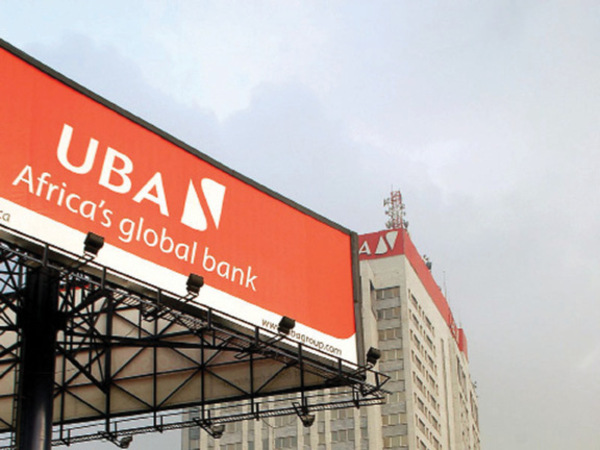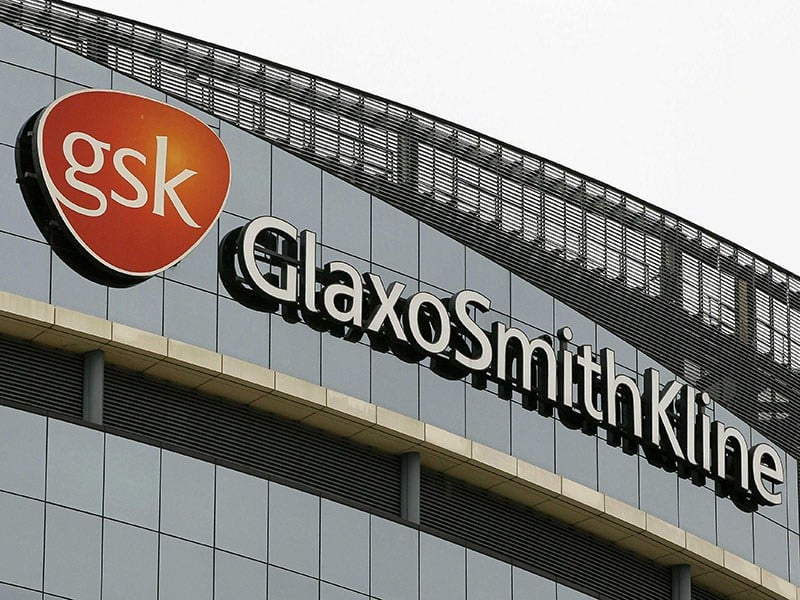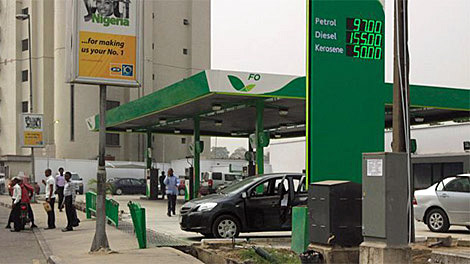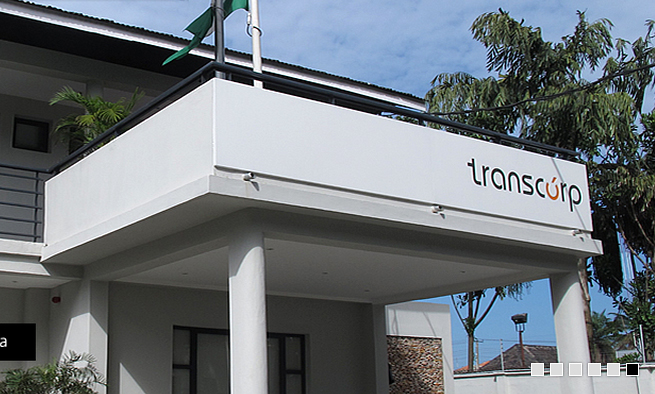Guinness Nigeria has ended its 2015/16 financial year in the red, the first time in years the brewing company ended trading in a loss. Loss of sales revenue is at the centre of the company’s problem and costs failed to go down as fast as revenue. Interest expenses rather swelled up to claim an increased proportion of revenue, leaving nothing to drip into the bottom line.
The company’s result for the year ended June 2016 shows a drop of about 14% in sales revenue to N101.97 billion after an increase of 8.5% in 2015. Except for the growth recorded in 2015, Guinness has been losing sales revenue since 2013.
Inability to grow sales revenue is a fact of the breweries industry generally. The total brewed products market has proceeded from slowdown in the preceding years to a decline last year. The decline is accelerating in the current year, as consumer spending continues to weaken.
Cost of sales was sticky downwards and failed to decline as fast as sales revenue due to the depreciation of the naira. At N60.16 billion, cost of sales went down by 5.3% compared to the drop of almost 14% in sales revenue. This means cost of sales made an increased incursion into sales revenue, claiming 59% of it in 2016 against 53.6% in 2015. Gross profit therefore dropped by 24% to N41.81 billion at the end of the financial year.
Advertisement
Revenue weakness was reinforced by a drop of 30.6% in other operating income. The only income line that improved in the year is finance income, which rose by over 68% to N1.18 billion.
Marketing and distribution expenses went down by a lower margin than the drop in turnover. At N24.89 billion, marketing and distribution expenses declined by 8.2% and also claimed an increase share of sales revenue. The same is true of administrative expenses, which increased marginally during the year.
With increased claims of all the cost lines on sales revenue, operating profit dropped by close to 72% to N4.41 billion – which is nowhere close to meeting the finance expenses of N6.76 billion. The strong growth in finance income helped to reduce the margin but the company still ended in a net loss of N2.02 billion at the end of the financial year. This is against a net profit of almost N7.80 billion in the 2015 financial year.
Advertisement
Interest expenses had grown by 42.5% in the year, reflecting an increase of almost 15% in long-term borrowings to over N14 billion and the doubling of bank overdraft facilities to N2.94 billion. Loan repayment and servicing obligations have put the company under severe cash flow pressure. The proceeds of new borrowings of overN24 billion in the year were applied to repay existing borrowings and leases.
The company lost N1.43 per share in 2016 compared to earnings per share of N5.18 in 2015. It paid a cash dividend of N3.20 in 2015.
Add a comment


